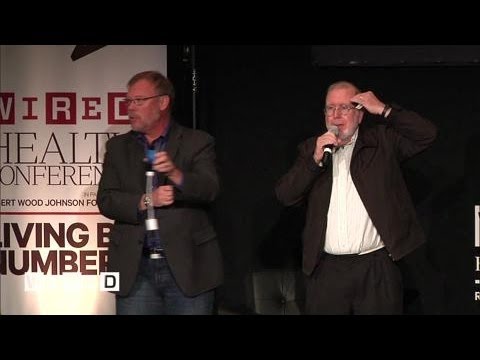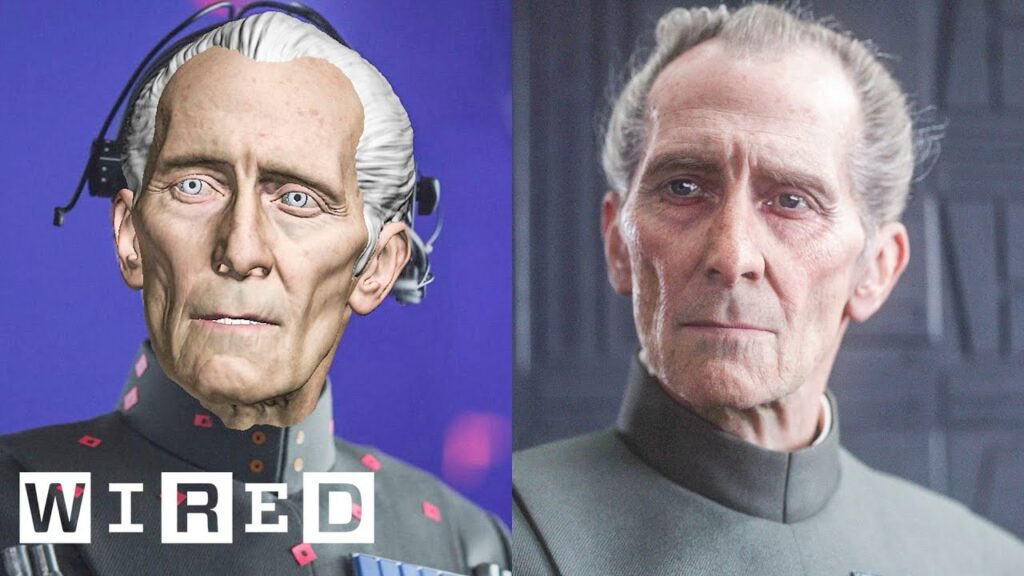Transcripts of Speech Patterns of Historical Figures and Celebrities
Summary
This article provides a summary of transcripts containing observations about the speech patterns of people such as George Washington, Franklin D. Roosevelt, Ronald Reagan, and Alan Rickman. The insights gained from the transcripts provide interesting analyses on their vocal and speech patterns, as well as their abilities to present themselves publicly. The article also emphasises the significance of paying attention to effective communication skills in all aspects of life.
Table of Contents
- Introduction
- Observations on Speech Patterns of Historical Figures and Celebrities
- Importance of Effective Communication Skills in All Aspects of Life
- Impact of Vocal and Speech Quality on Actors and Public Figures
- Ronald Reagan’s Effective Communication Skills
- Conclusion
Introduction
As George Washington, Franklin D. Roosevelt, Ronald Reagan, and other historical figures and celebrities are no longer with us, the only way to learn about their personalities is through recordings or transcripts of their speeches. These materials provide glimpses into their vocal and speech patterns, as well as the way they presented themselves publicly. In this article, we will summarise the insights derived from a collection of transcripts of various people, and highlight the importance of communication skills in our lives.
Observations on Speech Patterns of Historical Figures and Celebrities
People from different walks of life have unique speech patterns that set them apart. For example, George Washington, despite his commanding presence, had a surprisingly soft voice. Similarly, Roosevelt was known for his unique accent where he didn’t pronounce R sounds after a vowel sound. On the other hand, Ford’s awkward physical gestures were spoofed by Chevy Chase, while Christopherson didn’t attempt to mimic Lincoln’s voice or accent.
Additionally, Eisenhower was known for his staccato delivery, while Hall’s physical tension affected his portrayal of Kennedy. Gilbert Gottfried was famous for his grating voice, and Alan Rickman’s distinctive tone made him one of the most recognisable actors of his time. These observations highlight that a person’s voice and speech patterns can be as unique and influential as their personality and actions.
Importance of Effective Communication Skills in All Aspects of Life
Effective communication skills are a critical part of our everyday lives, regardless of the profession a person is in. Whether you are a teacher, lawyer, politician, marketer, or even a parent, communicating ideas effectively is vital to success. One way to improve speech communication skills is by paying attention to vocal quality, such as pitch, resonance, tone, and inflection. By working on these aspects of speech, one can improve their effectiveness in conveying ideas and capturing an audience’s attention.
Impact of Vocal and Speech Quality on Actors and Public Figures
Apart from individuals in everyday life, vocal and speech quality also plays an essential role for actors and public figures. An actor’s voice has to be clear and effective in conveying dialogue naturally. Similarly, a politician’s speech should be well-crafted to persuade listeners to the ideology. Meanwhile, public speakers’ tone and voice play a crucial role in engaging and captivating an audience.
Ronald Reagan’s Effective Communication Skills
Ronald Reagan was known for his effective communication skills, which contributed to his success as a president as well as an actor. One of the factors that made Reagan’s speeches memorable was his technique of quickly moving from one sentence to the next. This tactic allowed him to hold the audience’s attention and maintain their interest in the speech’s content.
Furthermore, Reagan was known for his commanding presence on stage, even though his voice was not particularly strong. He used his physical presence, vocal inflection, and calculated pauses to add impact to his speeches. He understood the value of communication and crafted his speeches in a way that was relatable and meaningful for the audience.
Conclusion
Communication skills are an essential aspect of one’s daily life, regardless of their profession. This article highlighted observations from transcripts of historical figures and celebrities, which highlight the importance of paying attention to vocal and speech quality. Actors, politicians, public speakers, and even regular people can benefit from improving their communication skills to be more effective and influential in their engagements. Ronald Reagan’s effective communication skills have shown that an individual’s presence, tone, and style can create a memorable experience.







